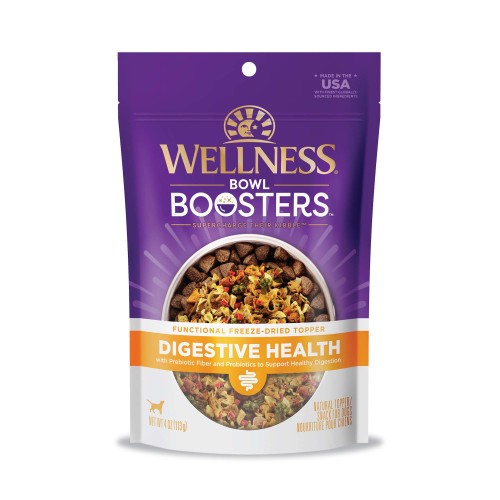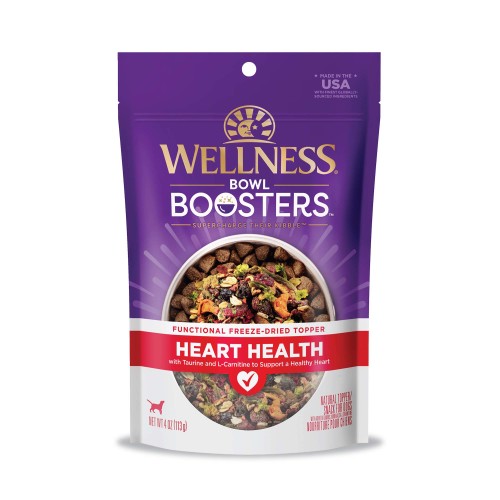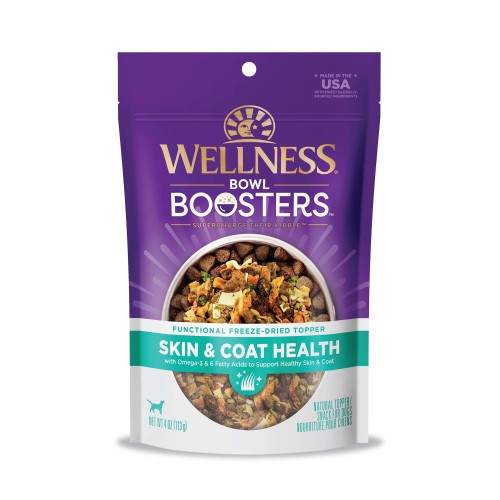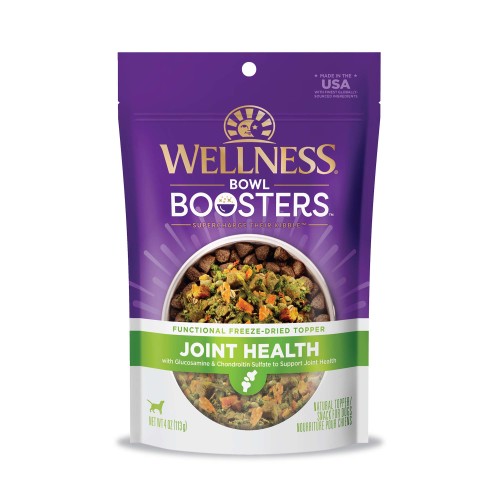August 14, 2020
A No-Nonsense Guide to Feeding Overweight Cats
Food For Overweight Cats
What do you do if your cat is tipping the scales? Choosing the right food for overweight cats is the first step – here’s what you need to know.
My cat’s not fat – she’s just really fluffy! Sorry to burst your bubble, but your cat needs to lose weight.
A few extra pounds can turn your cat from a lean feline machine into a fat cat. Even though pictures of chonky kitties are flooding the Internet with their amusing poses, there’s nothing funny about an overweight cat. Would it surprise you to learn that if your cat has an extra three pounds of weight, it would equal about 50 pounds on an average person. And if you’re determined to trim some unhealthy pounds from your kitty’s frame, you’ll need to know what’s the best food for overweight cats.
The Obesity Problem
Obesity is the most common preventable disease in cats. About 30 to 35 percent of cats in North American are obese, and 50 percent of cats aged 5 to 11 years old are overweight.
When is a cat considered overweight? It’s when a cat is 10 to 20 percent heavier than their optimal weight. You should feed your cat to maintain their optimal body weight. Studies have shown that obesity or being moderately overweight shortens life expectancy.
Not only does obesity shorten a cat’s life, it can also make them more likely to develop disease. Obese or overweight cats have an increased risk of:
- Osteoarthritis and joint degeneration
- Cancer
- Diabetes mellitus
- Heart disease
- Hypertension
- Urinary bladder stones
- Skin problems
How Do I Help My Cat Lose Weight?
If your cat is overweight or obese, you’ll need to adjust feedings in order to promote weight loss. Specially formulated nutritional products that will help cats lose weight safely include natural Wellness CORE Indoor and Wellness Complete Health Grain Free Indoor Healthy Weight formulas, both of which feature natural, premium proteins to deliver a balanced diet full of the nutrients your cat needs while achieving a healthy weight. This food for overweight cats offers a lower overall calorie density and higher fiber content, while maintaining nutrient balance.
The type of food you’re feeding your cat can help them lose weight as well – you may want to incorporate some wet or raw food into your cat’s diet. Dry foods can be higher in carbohydrates. By switching to a wet food, your cat may naturally lose weight when they eat the same amount of lower-carbohydrate food. As with any health concern you have with your pet, be sure to go over your cat’s diet plan with your veterinarian. It’s important that your cat lose weight gradually over a period of time as opposed to drastically reducing their calorie intake all at once.
Another bonus of wet food – it includes higher moisture levels. This added moisture can help hydrate your kitty and may help protect against urinary stones and infections.
Once you’ve chosen a food for overweight cats, it’s important that you stick to new portion sizes and meal frequency. And no matter how cute those pleading kitty eyes are, resist the temptation to overfeed snacks – you’ll be undoing your hard work. If you still want to treat your kitty, opt for a few natural, low-calorie treats a day that your cat will love, like Wellness Kittles.
Choosing the right food for overweight cats is just the first step of your kitty’s weight loss plan. Keep an eye on your cat’s weight loss to ensure it’s at a slow and steady pace. And incorporate extra play time into your cat’s day – some exercise will help burn calories while giving you extra time to bond with them.





